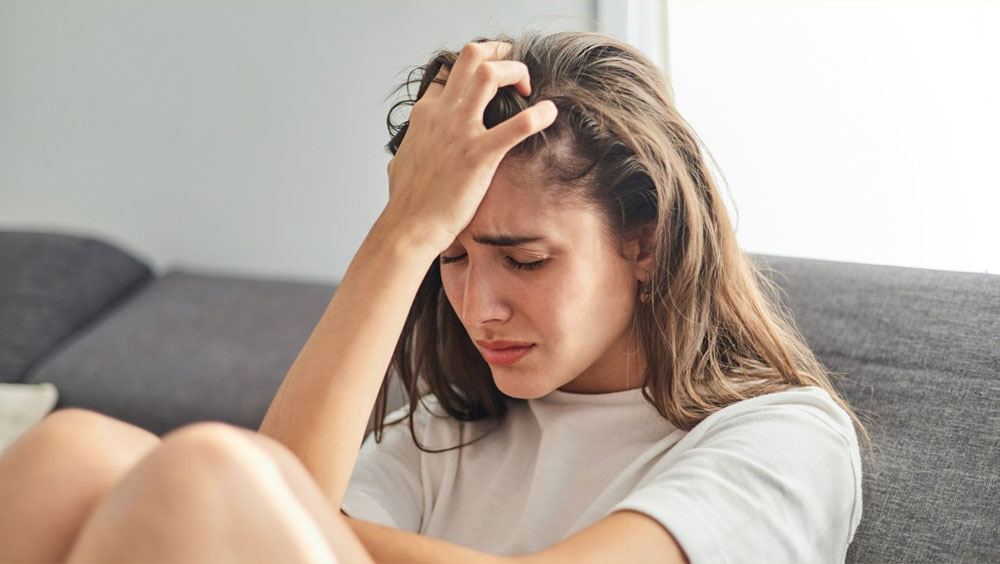Anxiety attacks, also known as panic attacks, can be unsettling and often strike without warning. Many people who experience anxiety attacks are caught off guard by the intensity and variety of symptoms. Understanding the potential signs can help individuals identify when they are experiencing an anxiety attack, and how to manage it effectively. In this article, we will explore common symptoms such as chest pain, high blood pressure, dizziness, nausea, diarrhea, and shortness of breath, and answer questions like 'can anxiety cause chest pain?'
Can Anxiety Cause Chest Pain?
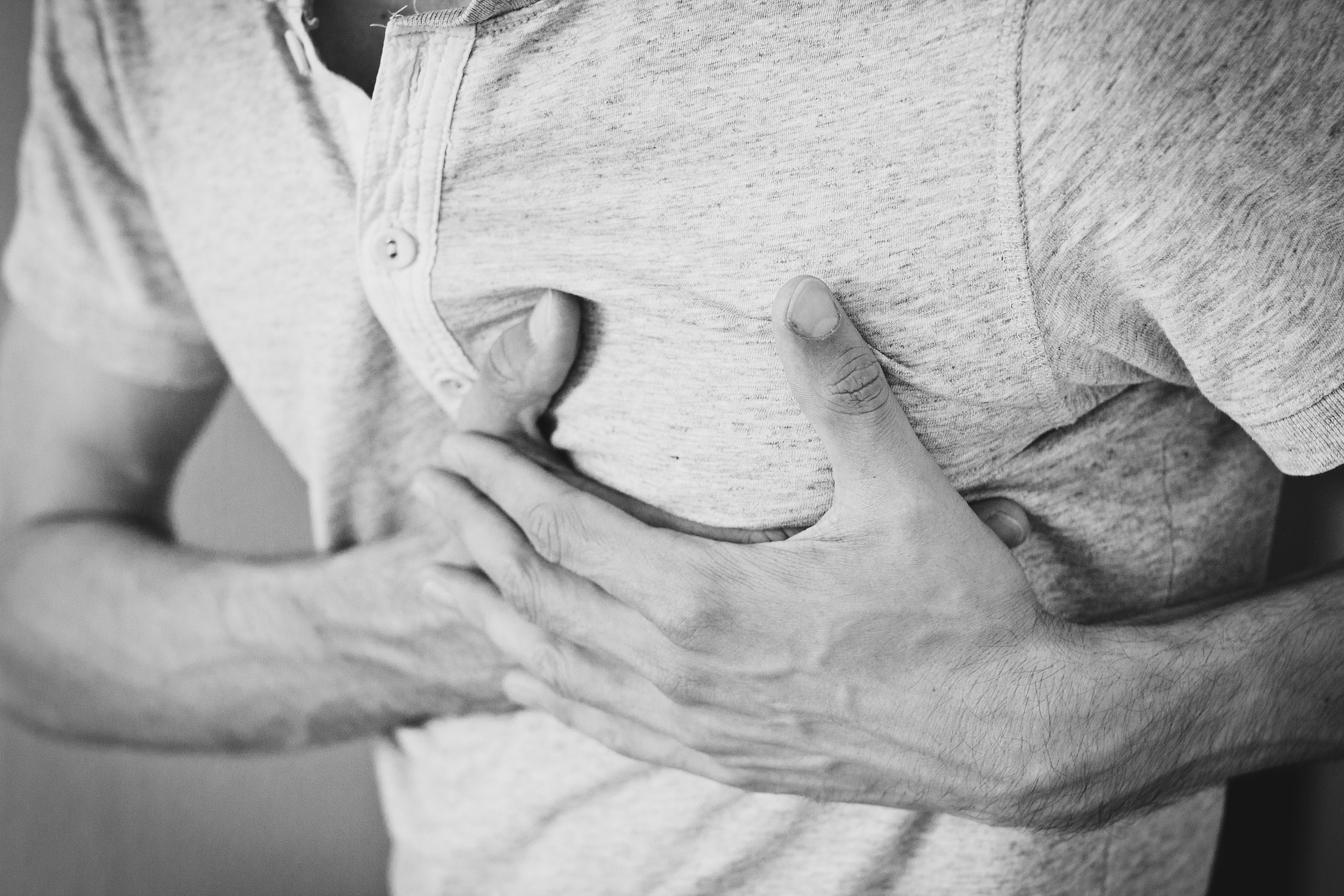
One of the most alarming symptoms of an anxiety attack is chest pain. Many individuals worry about whether 'can anxiety cause chest pain' and mistake it for a heart-related issue. The chest pain associated with anxiety is often sharp and sudden, mimicking other serious medical conditions. However, it is crucial to determine the cause through medical consultation to rule out other possible conditions..
The Link Between Anxiety And High Blood Pressure
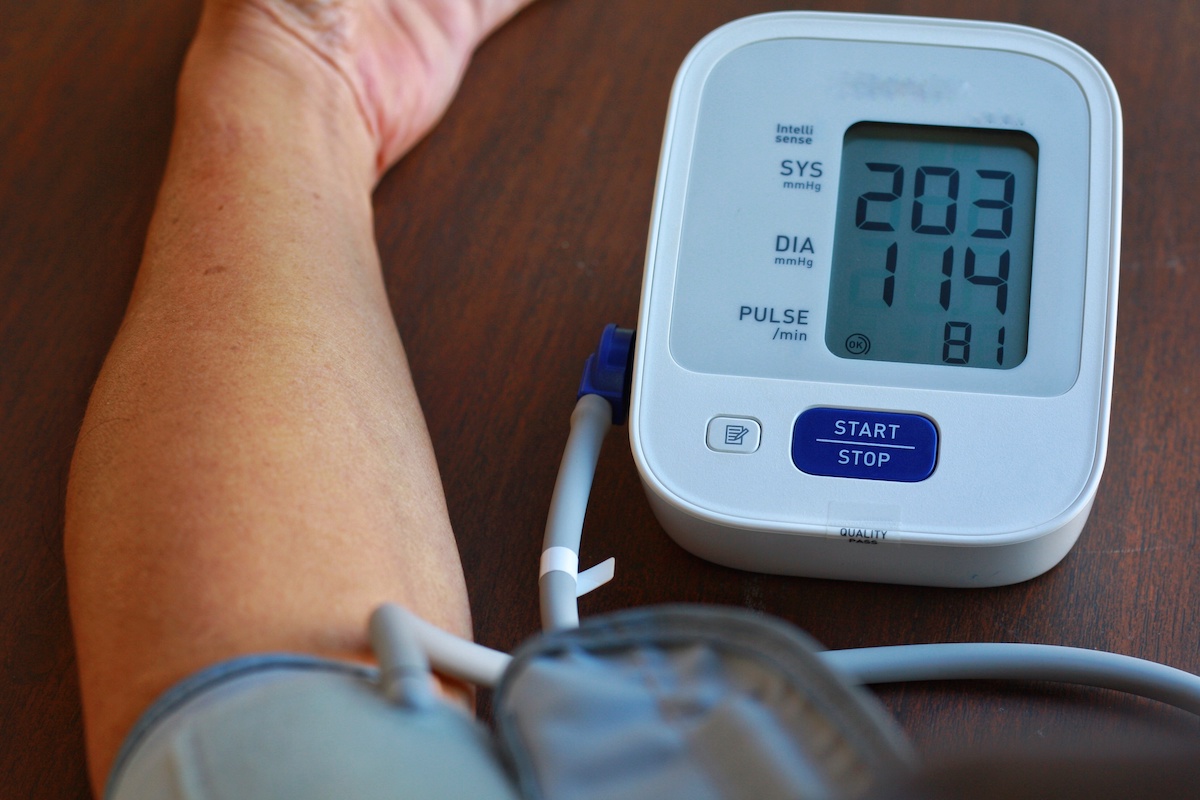
Chronic anxiety can put a continuous strain on the cardiovascular system, potentially leading to more significant health complications over time. The persistent release of stress hormones, such as cortisol and adrenaline, not only keeps the body in a heightened state of alertness but can also contribute to the ongoing elevation of blood pressure. Moreover, individuals experiencing chronic anxiety might adopt unhealthy coping mechanisms, such as poor diet, smoking, or lack of physical activity, all of which can further exacerbate blood pressure issues. It's crucial to address anxiety proactively through lifestyle changes, therapy, and potentially medication, to mitigate these risks and promote overall cardiovascular health. Understanding the connection between mental health and physical well-being is essential for developing comprehensive treatment strategies..
Understanding Anxiety-Induced Dizziness
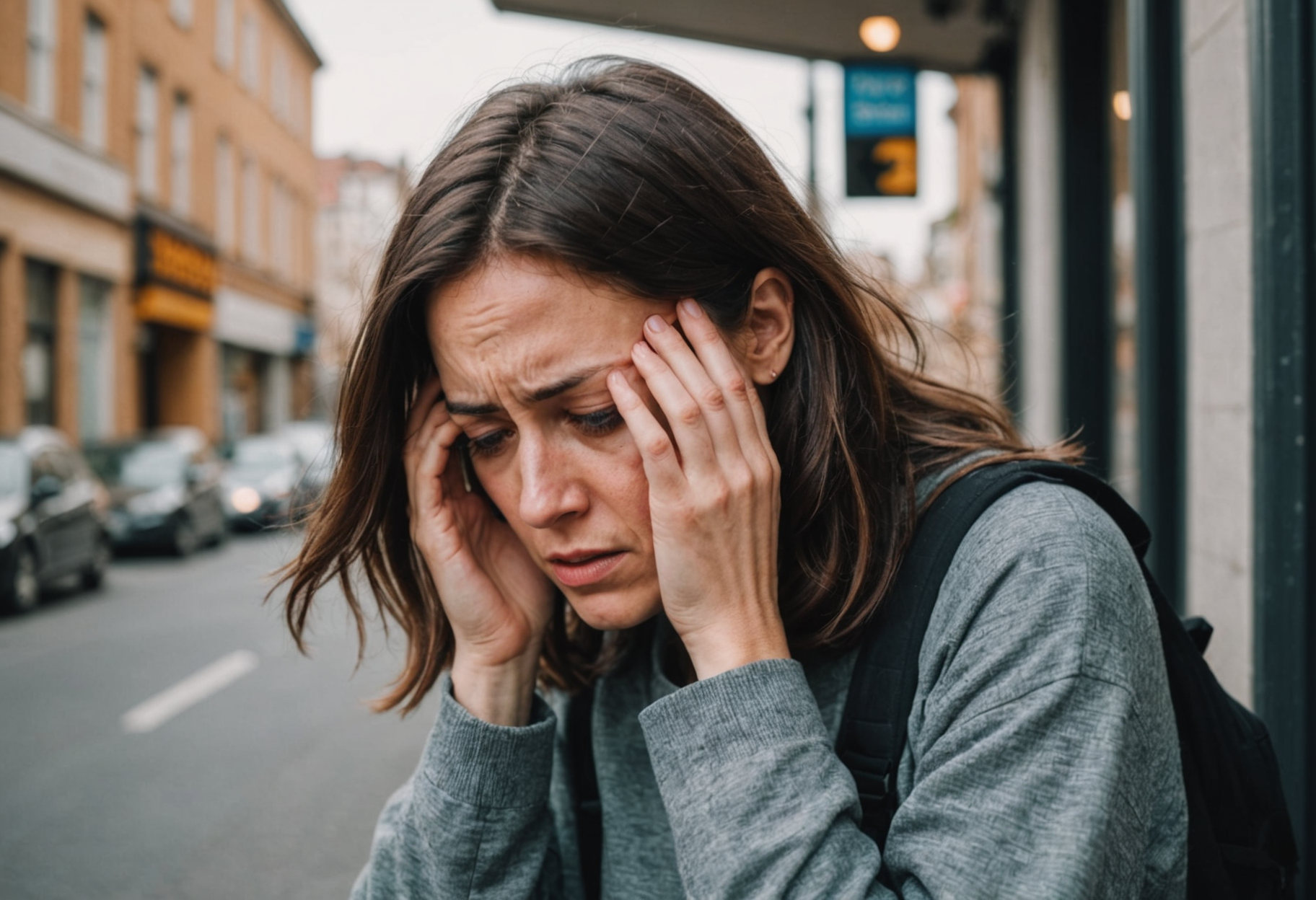
Feeling lightheaded or dizzy can indeed amplify the fear and discomfort during an anxiety attack, leaving individuals trapped in a cycle of worry and physical distress. This sensation, often rooted in the physiological response of hyperventilation, is not just a figment of the mind. When anxiety takes hold, it’s common for the breathing pattern to become rapid and shallow, unknowingly triggering a decrease in carbon dioxide levels in the blood. This imbalance can lead to dizziness, contributing to the already overwhelming feelings of panic. However, understanding this connection offers a pathway to relief. By actively employing relaxation techniques such as deep, mindful breathing exercises, individuals can restore their oxygen and carbon dioxide balance, ultimately reducing dizziness and fostering a sense of control during anxious moments. Engaging in activities like yoga or meditation, which emphasize breath regulation, can be particularly beneficial, providing not only immediate relief but also building resilience against future episodes..
Can Anxiety Cause Nausea?

The intricate relationship between the mind and the digestive system extends beyond just feelings of nausea. It is well-documented that anxiety can trigger a host of gastrointestinal symptoms, from cramping to diarrhea, as the body's natural response to perceived threats involves diverting energy away from digestion. This gut-brain axis, a dynamic communication network, further complicates the impact of mental stress on the stomach. When the brain perceives anxiety, it releases stress hormones that can disrupt digestion by slowing down the process or altering the gut's microbiota balance. Moreover, chronic anxiety can exacerbate conditions like irritable bowel syndrome (IBS), highlighting the importance of managing stress for digestive health. Incorporating mindfulness practices, dietary adjustments, and regular physical activity can form a holistic approach to mitigating these digestive disturbances, promoting harmony between the mind and body..
Why Anxiety Might Cause Diarrhea

In addition to staying hydrated and altering dietary choices, it is crucial to address the root cause of stress to alleviate anxiety-induced digestive problems effectively. Incorporating relaxation techniques such as mindfulness meditation, deep breathing exercises, or yoga can help calm the body's stress response. Regular physical activity also plays a role in reducing anxiety levels, promoting a sense of well-being, and improving digestive health. Consulting with a healthcare professional or a therapist can provide further guidance in managing anxiety and developing coping strategies tailored to individual needs. By tackling stress proactively and nurturing mental health, individuals can significantly reduce the impact of anxiety on their digestive system..
Can Anxiety Cause Shortness Of Breath?
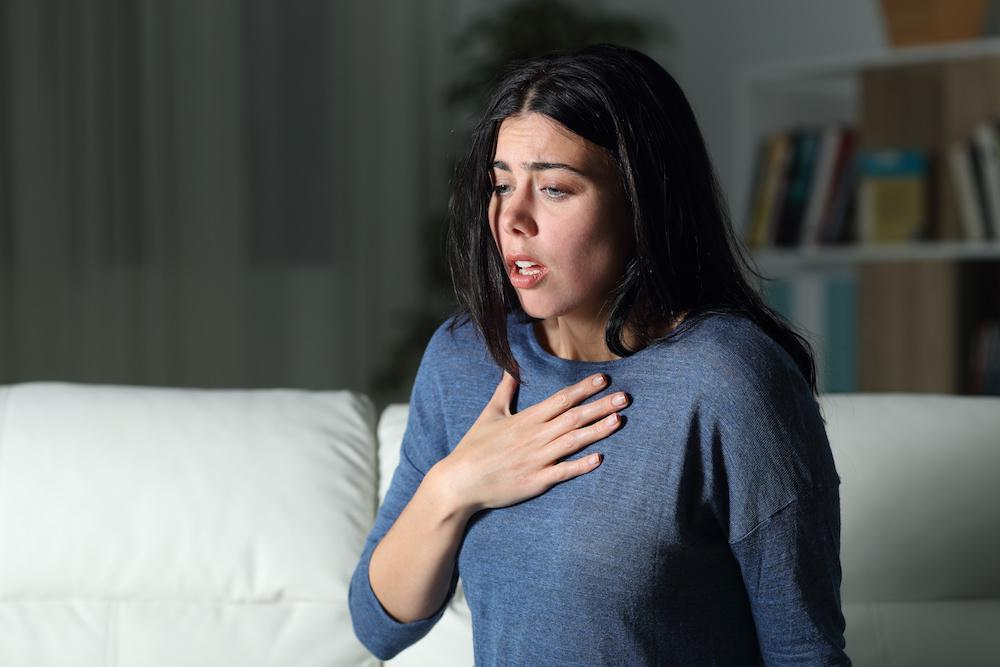
Shortness of breath is another distressing symptom that can arise during an anxiety attack, prompting the query 'can anxiety cause shortness of breath'. During such episodes, the breathing pattern may become shallow and rapid, exacerbating feelings of panic. Focusing on slow, controlled breathing can help in regaining control over your breath. It's important to understand that this physiological reaction is the body’s way of responding to a perceived threat, activating the fight-or-flight response. Recognizing the signs of an anxiety attack and utilizing grounding techniques, such as deep breathing exercises, can not only alleviate the immediate symptoms but also empower individuals by equipping them with tools to manage future episodes. Seeking help from mental health professionals can further assist in identifying triggers and developing coping strategies that enhance mental resilience..
Recognizing Non-Physical Symptoms

While many symptoms of anxiety attacks are physical, it's essential to recognize the psychological ones. Symptoms such as overwhelming fear, a sense of impending doom, or feelings of detachment from reality can occur. These psychological manifestations can sometimes be subtle, yet they wield a powerful influence over one's emotional state. For instance, the feeling of losing control or the sensation that the world is closing in can exacerbate the physical symptoms, creating a cycle that intensifies the attack. Identifying these signs early on can be crucial in managing an anxiety attack effectively. By acknowledging these mental cues, individuals can employ grounding techniques, controlled breathing exercises, or seek support from a trusted individual, helping to mitigate the severity of the episode and regain a sense of stability. Understanding the psychological dimensions of anxiety provides a comprehensive approach to combating this often-disorienting experience, fostering resilience and empowering individuals to navigate challenging moments with greater confidence..
The Importance Of Seeking Help

Although anxiety attacks can be terrifying, help is available. Understanding that you're not alone and that resources, such as therapy, medication, and relaxation techniques, are accessible can significantly reduce their impact. Seeking help from a healthcare professional can provide strategies tailored to your specific needs. Embracing the journey towards mental well-being often involves an integrative approach, combining elements of cognitive-behavioral therapy to reframe negative thought patterns with mindfulness practices to ground you in the present moment. Additionally, support groups can offer a sense of community and understanding, reminding you that many have navigated this path before and emerged stronger. It's essential to recognize the importance of self-compassion throughout this journey, acknowledging your efforts and progress. By prioritizing self-care and leaning on the support systems around you, it's possible to regain control and cultivate a life where anxiety no longer defines your experiences..
Practical Steps To Manage Anxiety

Managing anxiety effectively requires a holistic approach that integrates various strategies into daily life. Engaging in regular physical activity like walking, cycling, or swimming not only helps to release endorphins but also mitigates stress levels, hence reducing anxiety. Incorporating mindfulness practices, such as meditation or deep-breathing exercises, can enhance present-moment awareness and promote a calming effect on the mind. A balanced diet that is rich in fruits, vegetables, lean proteins, and whole grains supports brain function and hormonal balance, further aiding in anxiety management. Moreover, expressive activities like journaling allow individuals to process their emotions and thoughts constructively, while yoga combines physical movement with breath control to foster relaxation and resilience against anxiety triggers. Consistently integrating these practices can significantly contribute to alleviating anxiety symptoms and cultivating sustained mental well-being..
Understanding the signs and symptoms of an anxiety attack can empower individuals to take proactive steps towards their mental health. Whether it's adjusting your breathing techniques when you feel shortness of breath or consulting a healthcare professional about your anxiety-related chest pain, early recognition and response are vital. Remember, anxiety is manageable, and with the appropriate support, you can lead a balanced and fulfilling life.

